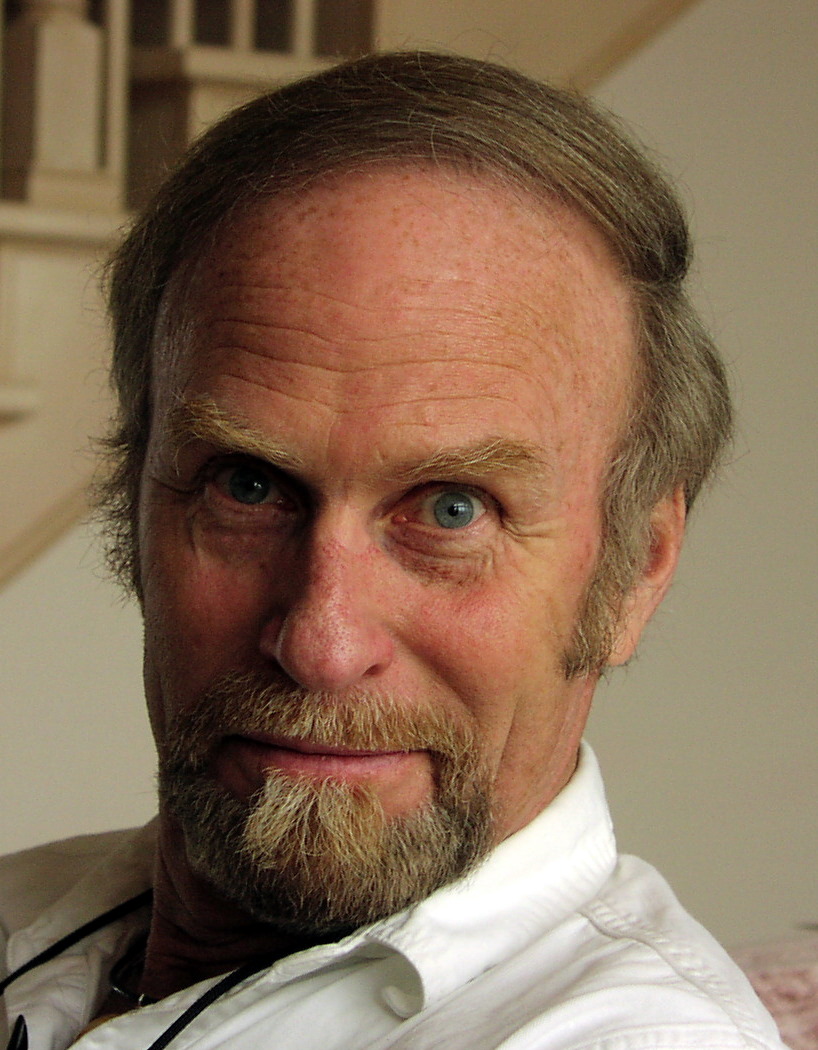Recently, one of my
ardent readers said, "Humans should not feel guilty about living on
Earth." He defended humanity's
overpopulation running roughshod over the planet and the oceans. He defended
that humans own the right to reproduce themselves forever without end into
eternity. He argued that we can add another 20, 30, and 40 billion people to the
planet without consequences.
He felt that our causing the extinction of over 100 species daily cannot be our concern. He lacks any moral compunction or sense of responsibility toward our fellow life-forms. He denied that human-carbon footprint creates climate destabilization. He advocates for unlimited population growth. In other words: he lacks the intellectual horsepower to understand his own dilemma. Another way to put it: dumb as a box of doorknobs.
A hundred years ago, Alfred Whitehead in his "Adventures of Ideas" made a statement that spelled out a logical path for the advancement of the human race: "The foundation of all understanding... is that no static maintenance of perfection is - possible. This axiom is rooted in the nature of life. Advance - or decay are the only choices offered humanity. The pure - conservative is fighting against the essence of the universe."
Whitehead said that we must change our thinking to fit new realities. We must take Galileo's new understandings that the Earth no longer enjoys the universe revolving around it, but in fact, our planet remains a speck in the black void of the universe. This planet remains finite with a finite carrying capacity. Humans, to be sure, need to get a clue that they are not God's gift to the world. In fact, Shim Shimmel, the renowned artist, said, "With creatures like human beings, even the stars aren't safe."
With more intelligent Americans surveyed recently, they were asked the question: Do Americans think stabilizing population will help protect the environment? Fifty-four percent believe stabilization will.
My friend Steve Kurtz said, "Nothing on Earth happens in a vacuum. It's a closed system that begins to buckle under the sheer weight of human demands. Scientists are increasingly linking population growth and overconsumption to our environmental challenges."
With my six continents of bicycle travel, I unequivocally understand and have seen firsthand that human overpopulation accelerates as the single greatest and most dangerous issue facing humanity and all life on this planet in the 21st century.
In just the past few months scientists have found in America:
" The Colorado River system is under assault by a growing population, and there are serious doubts it can meet the West's demand for water in the coming decades.
" Florida's aquifer, the water supply for 19 million people, is experiencing saltwater intrusion because of over-pumping.
" The United States will lose 36 million acres of forest to urban sprawl by 2050.
" Sixty-six species of coral should be classified as endangered because population and consumption of resources are a driving factor in the threats they face.
" The Gunnison sage grouse merits endangered-species protection in part because the human population has doubled in its habitat and will double again in the next 20 years.
" Florida panthers experienced the second year in a row of record-breaking road-kill deaths due to increased traffic and development in panther habitat.
According to the Department of Interior, because of human encroachment, we lose 2,500 plants and animals to extinction in North America every decade. That number will accelerate as we race toward an added 138 million by 2050 and 625 million by the end of the century.
"Upwards of two hundred species... mostly of the large, slow-breeding variety... are becoming extinct here every day because more and more of the earth's carrying capacity is systematically being converted into human carrying capacity. These species are being burnt out, starved out, and squeezed out of existence... thanks to technologies that most people, I'm afraid, think of as technologies of peace. I hope it will not be too long before the technologies that support our population explosion begin to be perceived as no less hazardous to the future of life on this planet than the endless production of radioactive wastes." Dan Quinn
(Note: You can view every article as one long page if you sign up as an Advocate Member, or higher).





